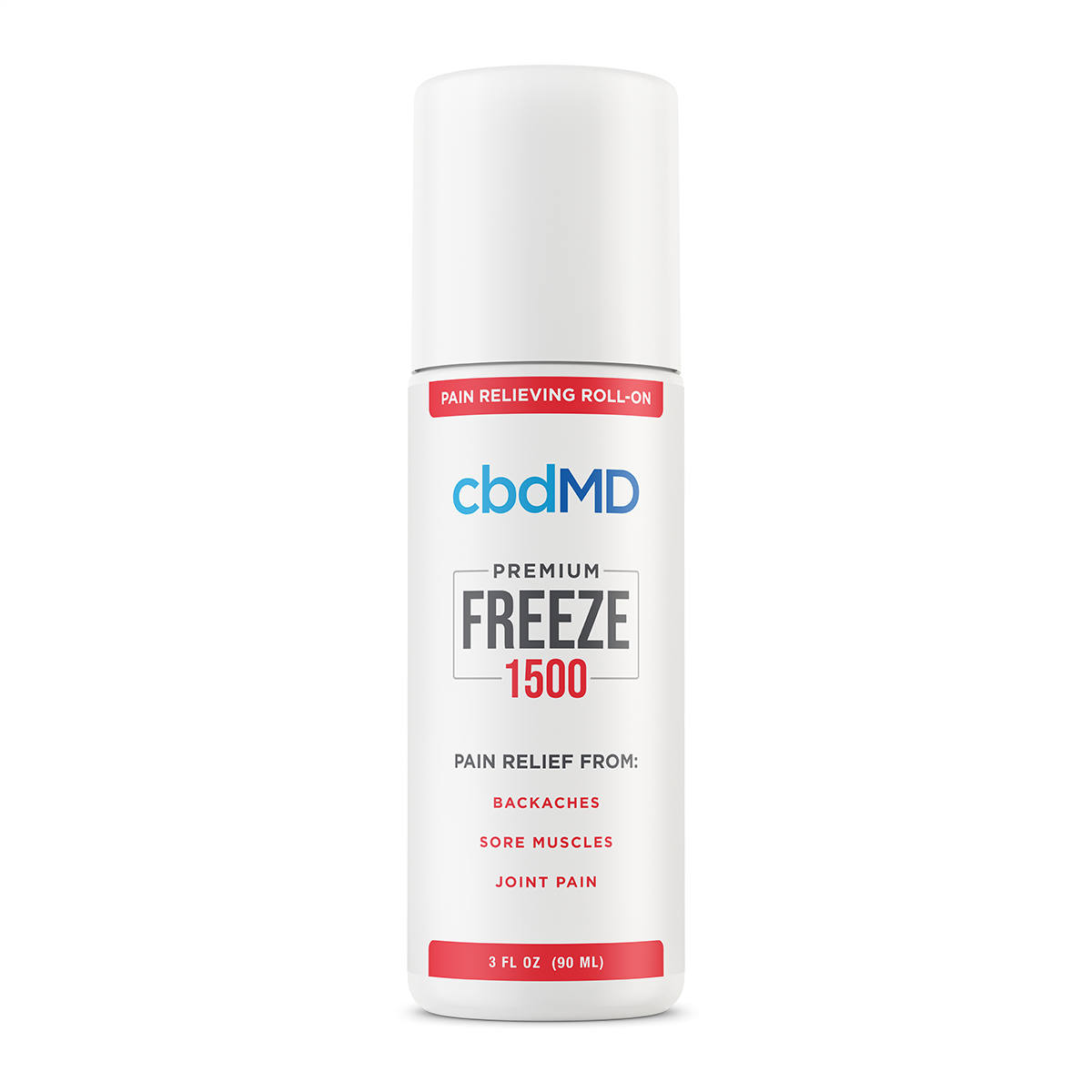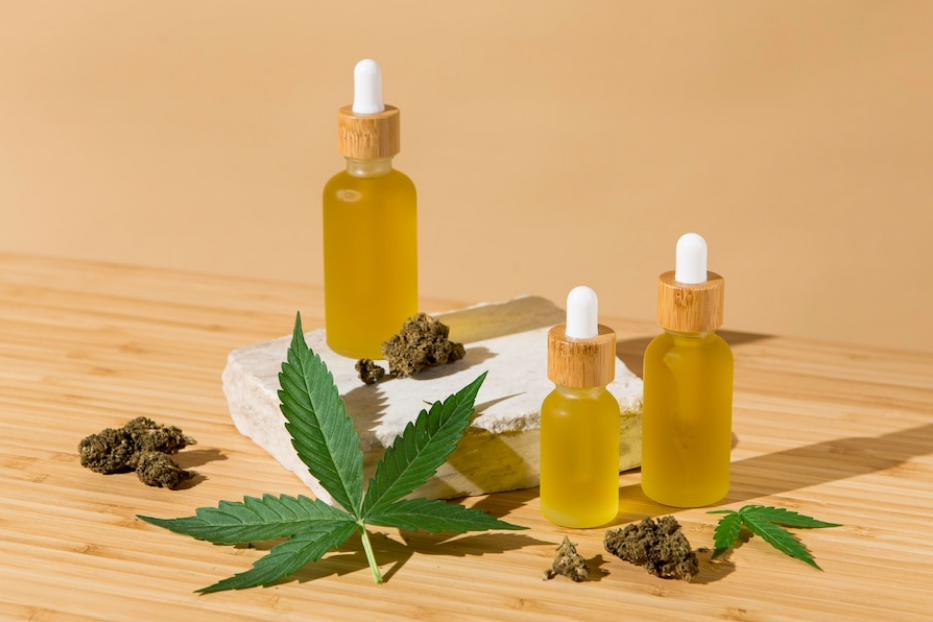
Before you decide whether CBD is right for you, it's important to know how it works. It has been shown to help your body lose fat. It activates brown fat cells. Unlike white fat cells, which store energy, brown fat burns calories when activated. This makes it an attractive target for weight reduction. It can even be used to combat obesity or diabetes.
Evidence for CBD weight loss in rodent models
Over the past few years, evidence has grown that CBD can help with weight loss in rodent models. Researchers have discovered that CBD may alter the body’s interactions of fat and insulin. This could be important in the treatment of obesity, a serious metabolic disorder. CBD is also known for its ability to lower inflammation and improve communication between immune systems.
Among other things, CBD is known to improve the health of mitochondria, the cells' energy facilities. Impaired mitochondria are implicated in a variety of diseases and health issues. It's even thought that mitochondrial dysfunction is a driving factor in gastrointestinal cancer. A 2016 study found that CBD could improve mitochondrial function in fat cell cultures.

Effects of CBD on metabolism
CBD has many effects on the human body. Some of these effects can be directly related to how it affects the metabolism. It increases the activity and efficiency of mitochondria, which can help the body to burn more fat. It may also decrease certain proteins that aid in the growth of fat cell. Combining these effects could help you lose weight. CBD can also prevent the development and progression of metabolic diseases such as diabetes.
One study showed that CBD helped to reduce the amount of fat found in obese rats. It also transformed white fat cells into brown fat cells. Even though the results were preliminary, it is clear that CBD can be used to combat obesity. These findings are promising and warrant further research in human subjects.
CBD has side effects
CBD has been proven to decrease appetite and inflammation in studies. This is good news for people with chronic conditions such as obesity. It could also reduce the amount of ghrelin within the body, which is a hormone responsible for cravings. It may also alleviate muscle pain and fatigue. However, these effects have yet to be confirmed.
CBD is safe and can be taken by most people. However it must only be taken as directed. Side effects can be more likely if you take higher doses. In addition, CBD may interfere with some medications, such as blood thinners. It could also interact with thyroid medications.

How to start with cbd weight-loss
CBD has shown promising results as a weight-loss aid. It has been shown to decrease inflammation and increase browning. Brown fat is the type that is burned, and white fat preserves energy. However, CBD does not reduce appetite in humans. Studies done in animals have not proven this. Some believe CBD will convert white fat to brown fat, which is healthier. Brown fat is less likely to contribute to chronic health problems like diabetes. These assertions were supported by a 2016 research.
If CBD is something you're unfamiliar with, it may be difficult to know where to begin. There are many products that can help you get started. Some of them are made by Charlotte's Web, an online company that has been around for a long time. The company offers high-quality CBD products at a reasonable price. Charlotte's Web's CBD products come in many dosages. This makes it easy for you to decide the right amount to get optimal results. In addition, the jars are marked with directions to ensure that you're using the correct dosage.
FAQ
What is the future in CBD?
The future for CBD is bright. It is easy to see why this sector is so popular. With CBD products making up over $1Billion worldwide, it's easy for people to see why this market has grown exponentially.
In fact, according to Statista, global sales for cannabidiol (CBD) were expected to reach $22.4 billion in 2019. This is an almost 200% increase from 2018!
Also, the CBD market is expected to grow at a compound annual rate of 22.5%. This would translate to almost $6.8 billion in revenues by 2022.
This is great news for companies looking to enter this space as well as those already operating in the sector. We must remember that the CBD market still has a lot of work ahead.
Does CBD have a future?
The answer is yes. It's not because it has medical benefits, but rather because it can help people feel better and not get high.
It is a great alternative to prescription drugs because it doesn't make your feel different.
And as we know from studies, there is a lot of evidence showing that cannabis helps with pain relief, anxiety, depression, insomnia, and many other conditions.
Cannabinoids, also found in cannabis are thought to interact with our brain receptors. This interaction can produce feelings of relaxation, well-being, and even a sense of well-being.
It is essential to learn about CBD oil and its effects if you want to use it for health reasons.
Is there any evidence CBD has anxiety-reducing properties?
CBD oil has the ability to alleviate anxiety by interfacing with certain receptors within the brain, CB1 and CB2. The endocannabinoid system regulates mood and stress responses.
When we feel anxious, our bodies release chemicals that activate the CB1 receptor. This receptor triggers the amygdala and is responsible to emotional processing.
If the CB1 receptor becomes blocked, the brain doesn't get the signal to express emotions. CBD users experience less negative emotions.
In 2017, a study showed that CBD can reduce anxiety in people with social phobia. Another study showed that CBD reduces symptoms of PTSD.
A 2018 review concluded CBD has anxiolytic potential and could be used to treat generalized anxiety disorder.
Another study concluded that CBD may help with panic attacks.
However, multiple studies have shown that CBD does increase anxiety in mice.
The difference in results between animals and humans could be explained by differences in the way that CBD is metabolized in different species.
CBD does not have any safety data. Experts agree that CBD is safe when taken as directed.
Statistics
- A recent systematic review of human trials also reported that individuals with epilepsy receiving CBD (5–20 mg·kg−1·day−1) were more likely to experience decreased appetite than those receiving placebo (i.e., ~20 vs. 5% of patients) (ncbi.nlm.nih.gov)
- OralWhere HED is the human equivalent dose, and Km is a correction factor estimated by dividing the average body mass (BM) of the species (60, 0.020, and 0.150 kg for 11 humans, mice, and rats, respectively) and by its surface area (see: Nair et al. (ncbi.nlm.nih.gov)
- As a substance that was federally illegal before the passage of the 2018 Farm Bill, hemp-derived cannabinoids with no more than 0.3% THC still face a regulatory grey area. (forbes.com)
- A recent study [161] also found that in vitro CBD treatment (i.e., ≤ 2 h exposure to 10 μM) induced ~40% vasorelaxation in isolated (pre-constricted) (ncbi.nlm.nih.gov)
- however, one study also found that these effects were virtually abolished when the original media (a nutrient broth agar) was replaced with one containing 5% blood (increasing the minimum concentration to ~160 μM CBD) [179]. (ncbi.nlm.nih.gov)
External Links
How To
What are the issues that the CBD industry faces?
The market for CBD products continues to grow at an amazing rate. However, there are still many challenges facing businesses looking to enter this space. These include low consumer awareness, high entry costs, limited capital access, regulatory uncertainty, and lack of consumer awareness.
Many consumers don't understand what CBD is and how it works. They are unable to make an informed decision about buying CBD products.
CBD companies are heavily dependent on word-of–mouth marketing. This is expensive as they must pay advertising costs and to hire staff to market their brand.
The high production costs are another issue that new entrants to the CBD industry face. It is very expensive to obtain the raw materials required for CBD products. For example, hemp needs to be grown in specific climates and soil types before it can be processed into CBD oil.
Growing enough hemp to make CBD oil takes around $1,000 per acre. As a result, many small farmers cannot afford to start.
The lack of capital access is another obstacle new entrants to the CBD market face. Because of the stigma associated with this industry, many people are discouraged from opening a business.
There is also regulatory uncertainty around the sale of CBD products. There are no guidelines for how CBD products should market.
Although states have passed laws restricting CBD products sales, these policies are not yet national.
Only Nevada and Maine have already legalized recreational cannabis.
Massachusetts and Michigan have considered similar measures.
These changes could mean that CBD manufacturers will be more competitive.
These factors are why many entrepreneurs prefer to work from home than open a physical store.